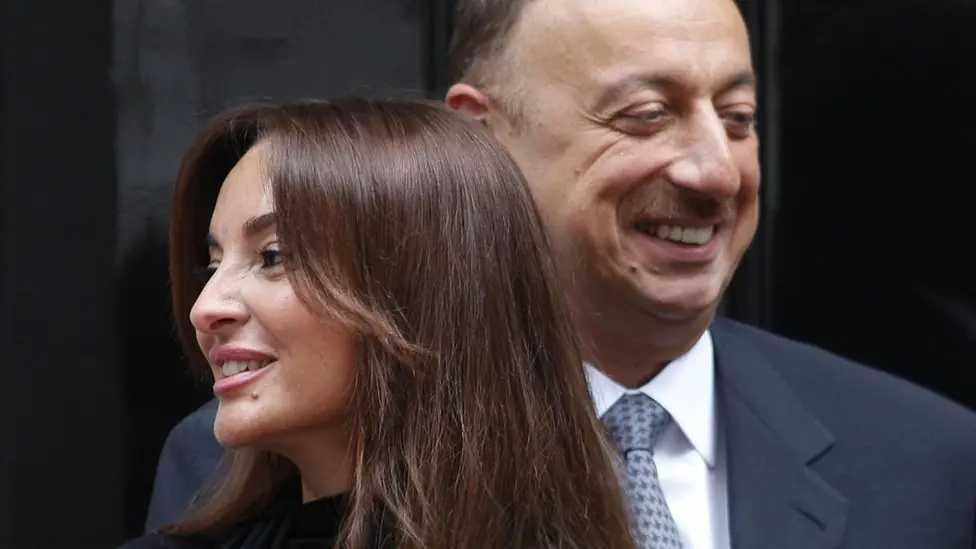Over the past few weeks, the South Caucasus once again came into the global spotlight, but this time for a rather unexpected reason, even for those who have long been watching the region.
Relations between Azerbaijan and Russia, two authoritarian, highly-militarised countries, appeared to come close to the breaking point.
Once weary allies, the cause for the seemingly sudden deterioration can be primarily connected to two separate violent incidents that have occured over the past year — the deadly downing of an Azerbaijan Airlines passenger jet in December 2024 and a Russian police raid that left two Azerbaijani brothers dead in the city of Yekaterinburg.
Both incidents showed the ugly nature of the modern Russian police state — a toxic mix of cruelty, incompetence, and complete inability to tell the truth.
They also showed a Russia that still views other former Soviet republics from a post-colonial lens — as countries undeserving of respect and which can seemingly be easily bossed around.
Unsurprisingly, Baku was angry.
But unlike in the past, the Azerbaijan of 2025 feels increasingly confident and emboldened, and in this case, apparently ready to show Russia that it won’t tolerate being bossed around anymore.
In light of the rather pathetic performance of Russia’s military in more than three years of full-scale war against Ukraine, it is clear that many of its neighbours, including Azerbaijan, are no longer afraid of Russia.
If Azerbaijan was mad after the plane crash, it was furious after the Yekaterinburg raids.
Baku responded to the Kremlin in a way that would have been unthinkable a few years ago, arresting (and beating) Russian journalists and nationals in Azerbaijan, canceling events and official visits, and openly criticising Russia. Most striking to me was how Azerbaijani pro-government media put the recent actions into a historical context and argued what many (including myself) believe — that Russia has never shed its imperialist mindset, but rather has maintained it despite changing empires.
While a little late to the party, some media outlets also denounced Russia’s genocidal war in Ukraine in the unconditional manner I think is warranted.
Reading about these developments, I have felt torn. I think ending Russian influence in the South Caucasus (and elsewhere) is an objectively positive thing. Seeing a small country like Azerbaijan push back against Russia is good, and hopefully encourages other neighbouring countries to do the same.
Russia absolutely deserves a black eye for its neo-colonialist attitude, to say nothing of its disgusting conduct in Ukraine, Chechnya, and elsewhere.
But I highly doubt that Azerbaijani President Ilham Aliyev, no saint himself, is motivated by a deep concern for human rights or the plight of his fellow Azerbaijanis in Russia.
Rather, he is using this opportunity to flex his own muscles and improve Azerbaijan’s position as a regional power.
Taking a stand against Russia does not mean that Azerbaijan has become pro-Western, and it likely doesn’t even mean that Azerbaijan is truly interested in fully breaking with Russia.
It remains to be seen, but I think this whole back-and-forth is more of a short-term contest of wills between two dictators, rather than some kind of wider change that could actually improve the lives of your average Azerbaijani or Russian citizen.
Nonetheless, I would still emphasise that an end or just a significant decrease of Russian influence in Azerbaijan, even if done for what I consider to be unprincipled reasons, should still be welcomed.






